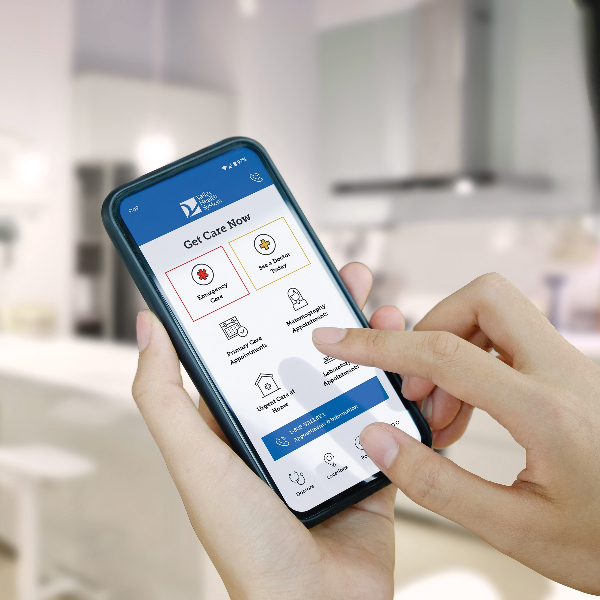Valley creates patient-centred Smart Hospital
- March 14, 2023
- William Payne

New Jersey healthcare provider Valley Health is building a “smart hospital” that will integrate smart building technology and design with electronic health records and mobile technology to provide patients and clinicians with new levels of information, security and comfort. The aim is to accelerate patient recovery, improve their wellbeing while in hospital and provide clinicians with greater focus and time for medical care.
Each patient room will be equipped with large interactive footwall monitors that will provide patients with their own medical record information, care team members and diagnostic images. Monitors will also enable patients to control their lighting, window shades, and room temperature, leading to improved patient satisfaction.
Patients will be able to use their monitors to see information from Valley’s real-time location system, such as identifying who enters their room (including their name, title, and photo). “The RTLS will be integrated with MEDITECH to provide patient location when they are not in the patient room. By leveraging the MEDITECH scheduling system for the interventional platform operating rooms, we can implement power utilisation reduction by lowering airflow exchanges when rooms are empty. Smart beds and new artificial intelligence video surveillance systems will identify fall risk behaviour based on patient movements, and will enhance staff response times,” said Valley Hospital CIO Eric Carey. “By tracking the location of nurses and physicians in relation to patients, we look forward to our clinicians partnering with our Analytics team to gain a better understanding of how the number of patient-to-provider interactions impact patient outcomes,” continued Carey.
A benefit of the new smart hospital will be minimising patient disruptions. Valley’s new facility will employ an “on-stage/off-stage” model that separates patients and the public from general operations. “Rooms will include two-sided supply, medication storage, and dirty linen bin access, so there is no need to enter a patient’s space to check these items,” said Carey. “Plus, we will be using an advanced Building Management System to keep patient rooms from going out of service, ensuring that maximum patient capacity can be achieved at all times.”
Carey said that the overall layout of the hospital was also carefully considered, to eliminate unnecessary interactions between patients and the public. “Our new emergency room will be placed next to the imaging department, for easy patient transport,” he said. “Surgical Services is located just above the ER, with a dedicated elevator. These choices can make a huge difference in the way that our community experiences care, and we expect to see improved recovery times.”
“Patients will be able to see key clinical information, and complete questionnaires and surveys from their beds. Using a companion tablet, patients will be able to video conference with family members,” Carey said, noting that improved accessibility of medical records is also likely to positively impact clinicians’ direct relationships with patients. “Displaying the patient’s record on these monitors gives providers the dexterity to review results and discuss them while still with their patients,” continued Carey. “The value of these tools to improve patient/provider connections cannot be overstated.”
Valley is working with health tech company MEDITECH to keep the electronic health record as the main source of patient data, with the goal of eliminating duplicate data entry wherever possible.
MEDITECH Executive Vice President and COO Helen Waters said: “Healthcare transformation is all about meeting patients and providers where they are today, and making solid choices that will serve their needs going forward. We are happy that Expanse is central to Valley Health System’s journey as they move forward with their new smart hospital and embrace all the positive changes that come with it.”




